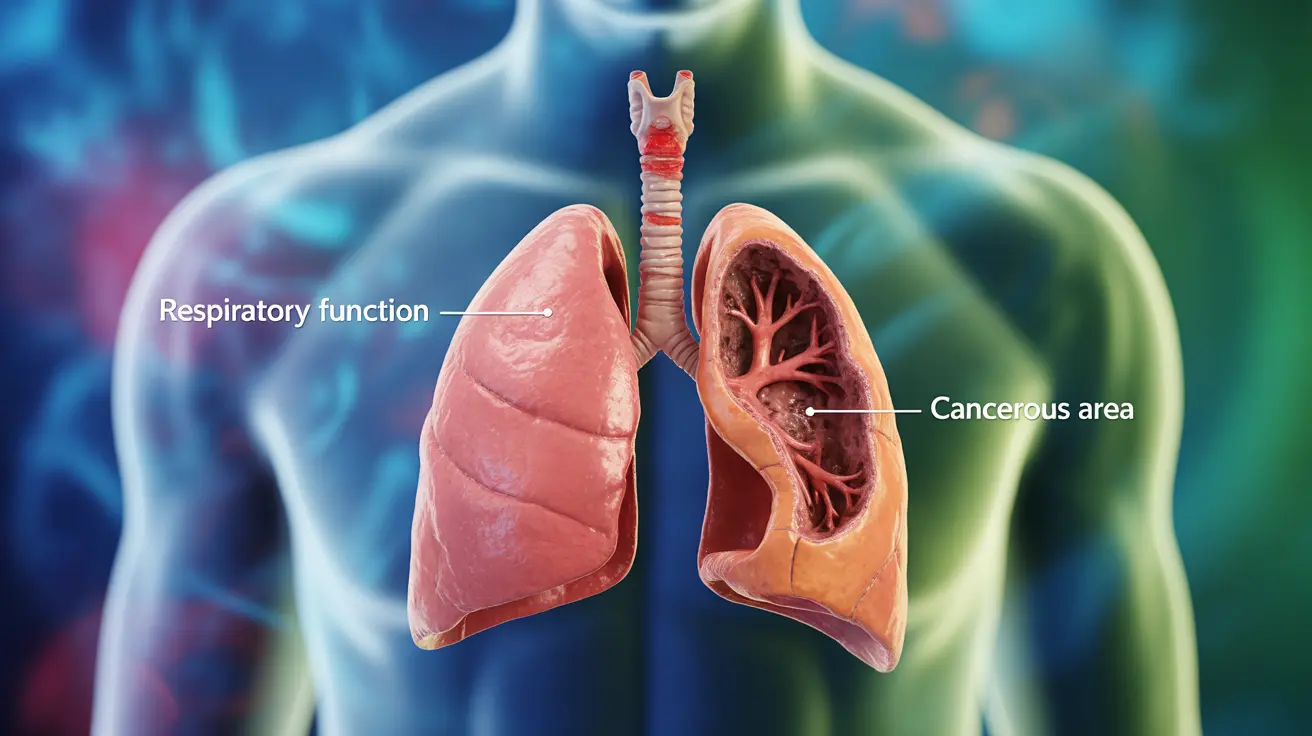A persistent cough in cancer patients can be concerning and significantly impact quality of life. Understanding why cancer patients cough and recognizing the underlying causes is crucial for both patients and caregivers. This comprehensive guide explores the relationship between cancer and coughing, helping you identify when to seek medical attention and what treatment options are available.
The Connection Between Cancer and Coughing
Cancer can trigger coughing through various mechanisms, whether directly or indirectly. When cancer affects the respiratory system, it may irritate airways, compress vital structures, or cause fluid accumulation in the lungs. Understanding these mechanisms helps explain why many cancer patients experience persistent coughing.
Common Causes of Coughing in Cancer Patients
Direct Cancer Effects
Primary lung tumors or metastatic cancer can directly cause coughing by:
- Blocking airways
- Irritating bronchial tissues
- Creating pressure on surrounding structures
- Causing inflammation in the respiratory system
Treatment-Related Causes
Cancer treatments may also trigger coughing through:
- Radiation therapy to the chest area
- Certain chemotherapy medications
- Immunotherapy side effects
- Post-surgical complications
Distinguishing Cancer-Related Coughs
Not every cough in a cancer patient is directly related to their cancer. Several characteristics can help differentiate between cancer-related coughs and those from other causes:
Cancer-Related Cough Characteristics
- Persistence beyond 3-4 weeks
- Progressive worsening over time
- Presence of blood in sputum
- Associated symptoms like chest pain or breathing difficulties
- Minimal response to standard cough medications
Warning Signs and Emergency Situations
Certain symptoms warrant immediate medical attention:
- Severe breathing difficulty
- Coughing up significant amounts of blood
- Chest pain during coughing
- High fever with cough
- Sudden worsening of symptoms
Management and Treatment Options
Medical Interventions
- Targeted therapy for underlying cancer
- Bronchodilators for airway relief
- Anti-inflammatory medications
- Cough suppressants when appropriate
- Pain management medications
Supportive Care Measures
- Proper positioning while sleeping
- Humidification of air
- Breathing exercises
- Staying hydrated
- Regular airway clearance techniques
Frequently Asked Questions
Why do cancer patients develop a persistent cough and what causes it? Cancer patients may develop a persistent cough due to direct tumor effects, treatment side effects, or complications like infections. The cough can result from airway obstruction, inflammation, or pressure from tumors on surrounding structures.
What are the signs that a cough in a cancer patient might be related to lung cancer? Signs include persistence beyond several weeks, coughing up blood, chest pain, unexplained weight loss, and breathing difficulties. The cough typically doesn't improve with standard treatments and may worsen over time.
How can you tell the difference between a cancer-related cough and a regular cough from infections or allergies? Cancer-related coughs tend to be persistent, progressive, and often accompanied by other symptoms like weight loss or fatigue. Regular coughs typically improve within a few weeks and respond better to standard treatments.
When should a cancer patient with a cough seek immediate medical attention? Seek immediate medical care if experiencing severe breathing difficulties, significant blood in sputum, intense chest pain, high fever, or sudden worsening of symptoms.
What treatments or management options are available to relieve coughing caused by cancer? Treatment options include targeted cancer therapies, cough suppressants, bronchodilators, anti-inflammatory medications, and supportive care measures like proper positioning and humidity control.




